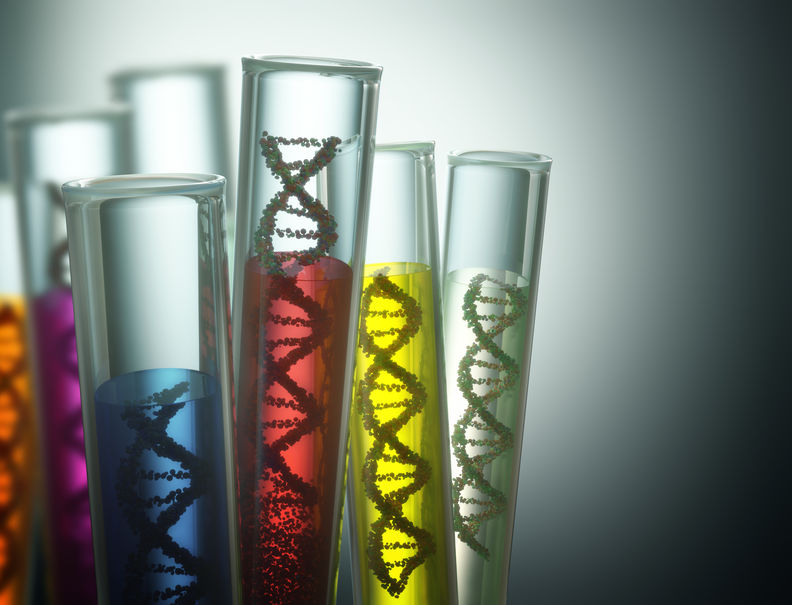How Genes Affect Your Fertility
Infertility can be a devastating blow to a couple who is trying to get pregnant. Plus, an unknown cause adds insult to injury. Luckily, fertility testing can help couples find the source of infertility issues. In some cases, family history can be a significant contributor to fertility problems.

Single gene defects
Single gene defects are one type of abnormality that can affect fertility. In single gene defects, a mutation is present in one particular gene of the DNA. Some single gene disorders can cause fertility problems. Single gene conditions include cystic fibrosis, Tay Sachs disease, spinal muscular atrophy, Canavan disease, sickle cell disease, and thalassemias.
Chromosomal abnormalities
Chromosomal abnormalities occur when the structure or number of chromosomes has been altered or mutated. Chromosomal abnormalities can affect men and women in different ways. Men can experience low sperm counts or lack of sperm. Women may suffer from pregnancy loss or risk passing on the condition to the baby.
All humans are supposed to have 46 chromosomes. Women have 22 pairs of autosomes and a couple of X chromosomes. Men have 22 pairs of autosomes and one X and one Y chromosome. The following chromosomal abnormalities can affect fertility:
- Down syndrome, characterized by an extra chromosome 21
- Turner syndrome, characterized by missing one X chromosome
- Klinefelter syndrome, characterized by one additional X chromosome in men
Diagnosing hereditary infertility
Couples can schedule an appointment with a fertility specialist to conduct a variety of fertility tests. A specialist can diagnose disorders in the ovaries, womb, sperm, and sperm tubes using genetic testing. Genetic testing is recommended before a couple has children or if a partner has a family history of a hereditary disorder.
Genetic counseling treatment
If a hereditary issue is found, a doctor may recommend genetic counseling to assess the risk of pregnancy and an assessment of family history. Preimplantation genetic diagnosis (PGD) can detect genetic conditions in embryos. PGD removes a few cells of the embryo for analysis.
Overcoming infertility
Hereditary disorders can cause infertility, but there are other reasons a couple may struggle to conceive. Unfortunately, infertility is a common issue affecting millions of couples. Infertility issues and symptoms vary by person. Discussing a diagnosis and treatment plan with a specialist can help set couples on the road to starting a family.




